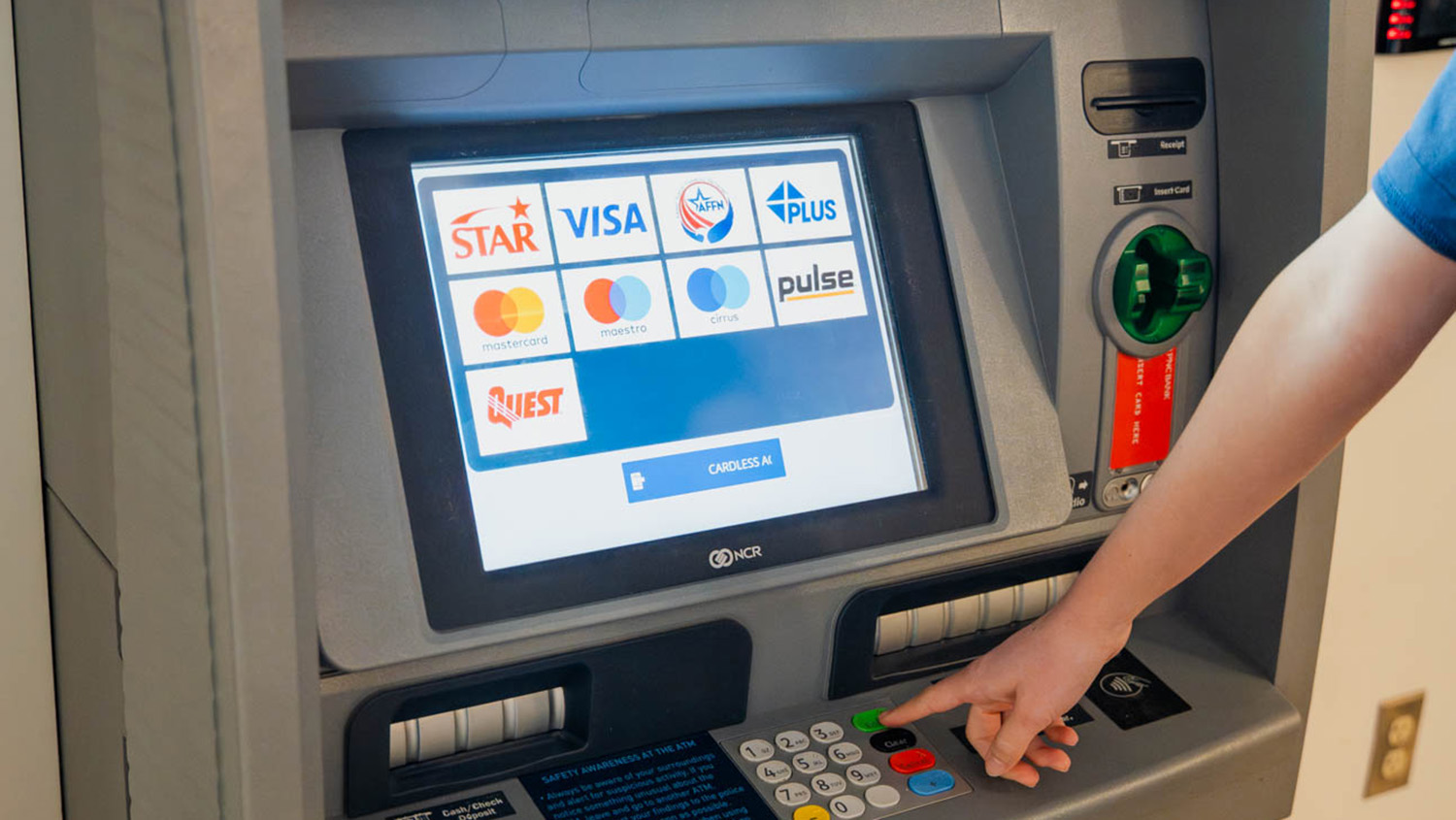A College Student’s Guide to Getting More Bang for Your Buck

By: Remi Oswald ‘19, communications
Feeling concerned about paying this month’s rent? Think you’re spending too much money on taco Tuesday? We recommend that you try one of these top seven budgeting tips on how to save your money this school year.
Differentiate Between Needs and Wants
A need is defined as a necessity that helps you sustain your life. Wants are those things you desire to have, but do not necessarily need to obtain.
Know the difference!
Although wants may seem more exciting and intriguing to you, they should not be prioritized over your needs. There is no amount of Bojangles that is worth you being unable to pay your rent.

Keep Your Finances Organized
Tracking your spending will help keep you accountable and on track to meet your financial goals. It also increases your awareness of where your money is going. We suggest creating spreadsheets of big expenses, tracking your receipts or maintaining a journal of your expenses. Whatever works best for you. There are easy-to-use apps such as Mint, Personal Capital and Spending Tracker that can help make this process even easier.

Guess Low for Income, and High for Expenses
Underestimate how much money you will have coming in, and overestimate how much money will be going out for your monthly necessities. This will help curtail excess spending and ensure you have enough money to pay all of your bills on time.

Save up for Big Purchases in Small Increments
If you are aware of a big purchase you want to make, be conscious of putting aside some money prior to making it. Don’t overwhelm yourself by leaving the payment to the last minute. This helps to ease the stress of financing it later.

Spend Less than you Earn, Borrow what you Need
As a college student, you should only borrow the loans you need to ensure you will be able to pay them back on time with little interest. The more realistic you can be about your cost of living and financing your education, the more accurate you can be with how much you borrow.

Save, Save, Save!
The best way to save on a fixed or limited budget is to have a fixed percentage that you will take out and put into your savings each time you get paid. Set an amount to save with each paycheck, whether this be 5 to 10% of your paycheck and remain consistent, no matter how large or small each paycheck is, saving is still within reach.
Many banks have a “Keep the Change” feature you can take advantage of. This is a great way to see coins add up over time.

Spend Wisely
Student discounts are offered in lots of places. Whether it’s a retail store or grocery store, it is always worth asking about discounts available to you as a student. Apps like TUN, College Foodz, GasBuddy, and Groupon are also available to aid you in finding local discounts, textbook savings, rewards on your purchases and discovering the most affordable gas prices in your area.
For additional information or personalized tips on your budgeting practice, reach out to the NC State Financial Aid office. They are a great resource to help you plan and borrow accordingly.
Looking for even more guidance? Chat with our wellness coaches. Wellness coaching is a free service offered for all NC State students. They are trained to support and encourage you to develop behaviors for a healthier lifestyle. Make an appointment today for your free personalized advice.
- Categories:


